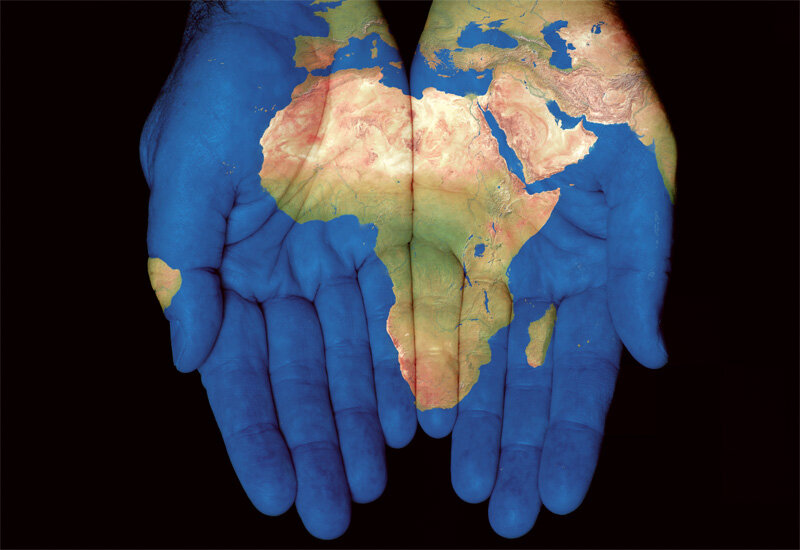E-payment platforms necessary for Africa’s economic development

Africa is facing challenges that are taking root due to not engaging with micro-economic policies that focus on bringing small and medium-sized enterprises (SMEs) to a level required for stable economic growth.
For 2019, the World Bank has forecast weak growth due to the lack of comprehensive regulations under global commerce integration and the ability to deliver at the local level. Now, there is one clear fact, without robust local economies, global integration cannot be successful. African policymakers must focus on SMEs to follow through with economic growth plans.
While African countries are busy with important infrastructure projects such as transportation hubs, power plants, and industrial capacity, efforts on linking local economies with these initiatives are imperative. Governments need to financially empower their country’s populations or otherwise risk confronting expensive and useless endeavors.
The 21st-century economy is far different from the one developed after World War II. The internet is an essential component for economic growth. Local businesses cannot launch and be part of this new era without the necessary tools. E-payment is a vital part of the future.
According to the World Bank, in several African countries, less than 15 percent of total populations have a bank account. Imagine if they had the opportunity to access their accounts through mobile payment. Their ability to sustain micro-economic growth would render the African economy stronger, make it more reliable, and help it become part of global integrated economic platforms such as the BRICS and the EU.
E-payment is a must for infrastructure development and to connect macro-level decisions with micro-level economic activities. Africa has a secure and reliable partner already involved with development – China.China is a worldwide contributor in terms of e-payment infrastructure, solutions and experience.
There are roughly 500 million online payment users in China. In 2016, WeChat Pay founded by Tencent and Alibaba Group’s Alipay processed about $3 trillion in transactions. African policymakers need to focus on this $3 trillion figure. Without China opening third-party payment solutions to its population including small businesses, and peer-to-peer transactions, the country would have experienced less economic development.
WeChat Pay and Alipay should be viewed as a closed loop solution, a full economic cycle where entrepreneurs can have access to buyers without having to shoulder heavy startup costs and bureaucratic red tape. Empowering the next generation of economic actors, reducing resource waste, and raising their level of importance to make them legitimate and transparent is necessary.
So, what does the future hold for Africa? Some nations have invited WeChat Pay and Alipay to participate with e-payment infrastructure development. Kenya-based regional financial institution Equity Bank and Singapore’s Red Dot Payment have signed Memorandums of Understanding to introduce the Chinese e-payment systems in the East African marketplace.
Another step would be to support local businesses linked to the Belt and Road Initiative (BRI) projects that have access to WeChat Pay and Alipay. African countries can push for the early adoption of e-payment platforms enabling users to buy train tickets, use pier and airport facilities, and create e-commerce platforms to use opportunities created by BRI, making transactions easy and secure.
Without empowering local and small businesses and Africans through e-payment methods, there will remain a gap and a missing link between national projects, regional integration, and the real economy.China can deliver and support fair trade that helps address African ambitions and challenges.
(Source: Global Times )
